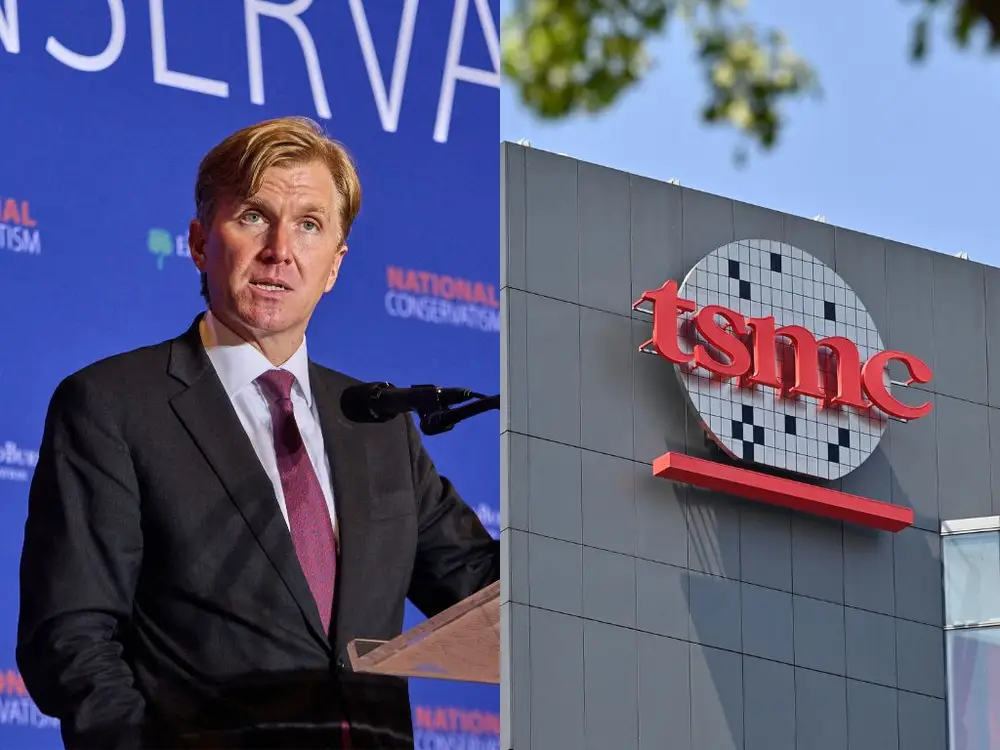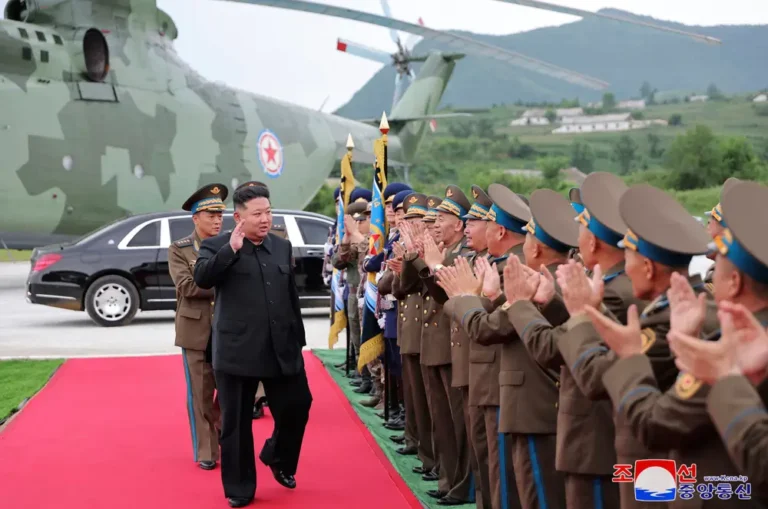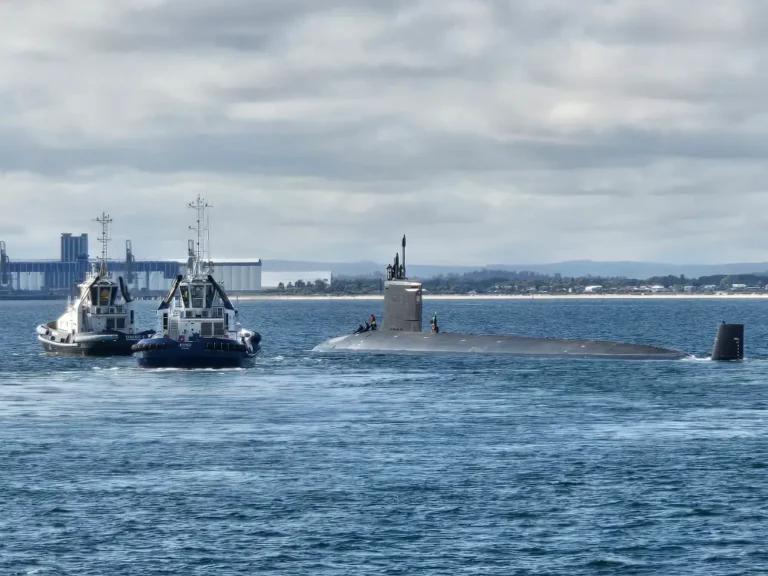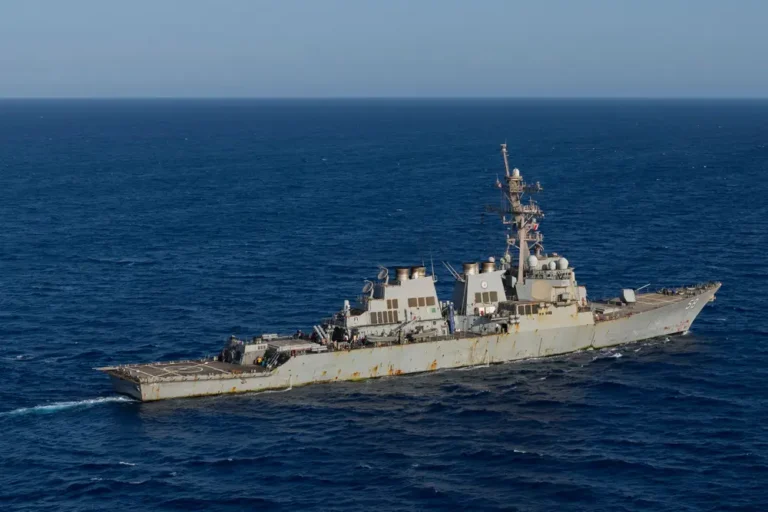Trump’s defense policy pick once said TSMC can’t end up in Chinese hands if China takes Taiwan

“Disabling or destroying TSMC is table stakes if China is taking over Taiwan,” Elbridge Colby wrote in an X post in February. President-elect Donald Trump picked Colby as his next undersecretary of defense policy at the Pentagon.
President-elect Donald Trump’s pick for undersecretary of defense policy, Elbridge Colby, once called for the destruction of Taiwan Semiconductor Manufacturing Company’s chip plants if China takes over Taiwan.
“There’s no scenario in which Taiwan falls to the PRC and Taiwanese can expect TSMC and its central role to persist,” Colby, a former senior Pentagon official, wrote in an X thread in May 2023.
“If China attacks Taiwan, Taiwan itself and US should not allow TSMC to fall intact into PRC hands,” Colby wrote in the thread.
TSMC, Colby wrote, needs to be included in the US’ semiconductor sanctions against China in the event that Taiwan surrenders. The US and its allies can’t afford to allow China to “have such dominance over global semiconductors,” he wrote.
Trump announced Colby’s nomination in a Truth Social post on Sunday, calling him a “highly respected advocate for our America First foreign and defense policy.”
Colby, a Harvard and Yale Law graduate, was part of the first Trump administration. He served as Trump’s deputy assistant secretary of defense for strategy and force development from 2017 to 2018.
Colby made a similar point about TSMC in another X post earlier this year.
“Disabling or destroying TSMC is table stakes if China is taking over Taiwan,” Colby wrote on February 24.
“Would we be so insane as to allow the world’s key semiconductor company fall untouched into the hands of an aggressive PRC?” he added.
Representatives for Trump and Colby did not respond to requests for comment from B-17. TSMC also did not respond to a request for comment.
TSMC is the world’s largest contract chipmaker. It counts US tech giants like Apple and Nvidia as major customers.
Its core base, Taiwan, is also home to smaller chip producers like MediaTek and ASE, making the island a critical node in the global semiconductor supply chain.
According to the US-based Semiconductor Industry Association, 92% of the world’s most advanced microchips are produced in Taiwan.
In May, Commerce Secretary Gina Raimondo told lawmakers at a House hearing that a Chinese seizure of TSMC during a Taiwan invasion “would be absolutely devastating.” The US is obliged by law to protect Taiwan by providing the island with military means to defend itself.
Under President Joe Biden, the US has strived to diversify its chip supply.
In August 2022, Biden signed the $52 billion CHIPS for America Act, which provides manufacturing incentives for chip production in the US.
The legislation drew criticism from Trump, who said in an interview with Joe Rogan in October that tariffs, not subsidies, would have been more effective.
“You could have done it with tariffs. You tariff it so high that they will come and build their chip companies for nothing,” Trump said.
In December, the Biden administration introduced a new raft of export controls on China’s semiconductor industry.
The restrictions, which target 140 Chinese companies, mark the third time the administration has cracked down on China’s chipmaking industry since October 2022.
The list includes companies like Huawei, Naura Technology Group, and Semiconductor Manufacturing International Corporation.






